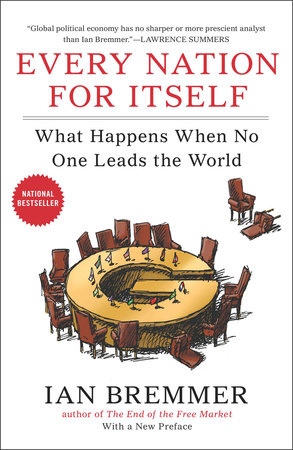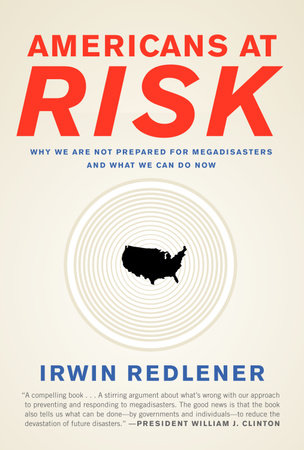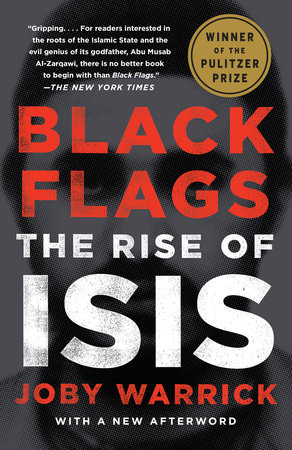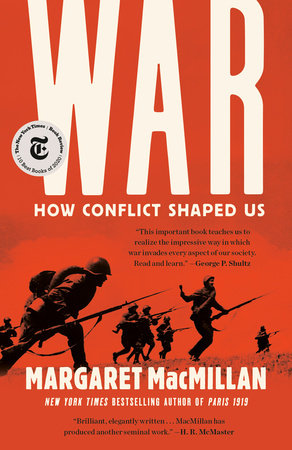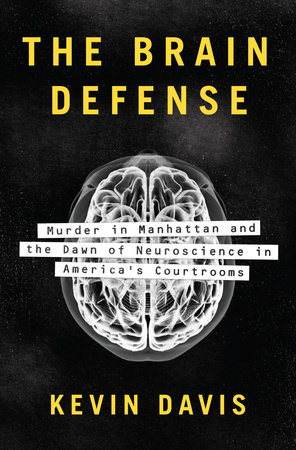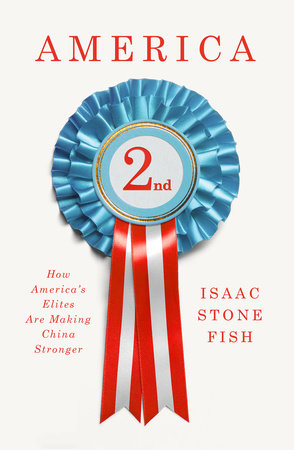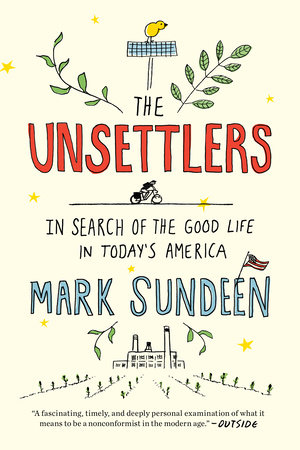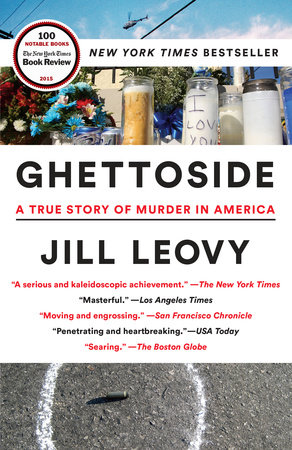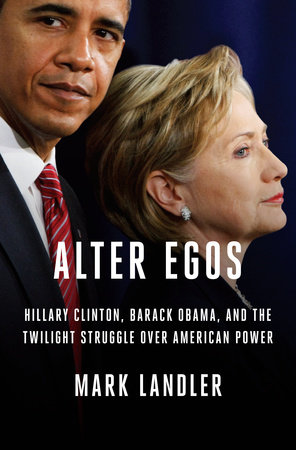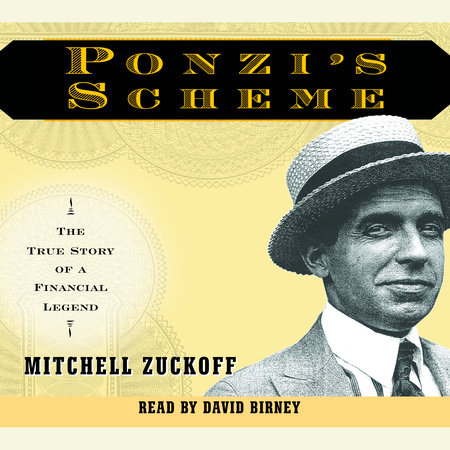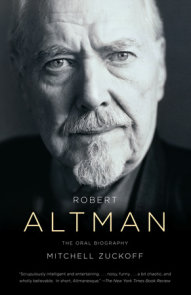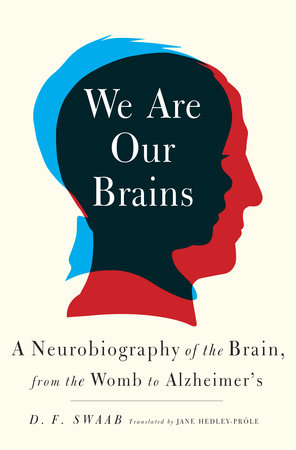Author Q&A
A Conversation with Mitch Zuckoff
What drew you to this story?
I was a banking reporter for The Boston Globe in the early 1990s, when banks were failing almost weekly. At one point someone mentioned in passing that so many Boston banks hadn’t failed so quickly since the days of Ponzi. “Huh?” I said. “Ponzi, as in Ponzi Scheme?” I had heard of the scheme, and I had a decent understanding of it, but I had no idea he had been based in Boston. I started looking into it, and then I was surprised to learn that no one had written a nonfiction account of his amazing run. For the next several years, I did what reporters call “saving string.” Every time I came across something involving Ponzi himself or a modern-day Ponzi scheme, I tossed it in a file, not knowing if I’d ever get a chance to put it all together and make sense of it. Then, when the dot-com bubble burst and a rash of huge companies started failing under the weight of accounting scandals and alleged fraud, I knew the time was right to pull out that file and start figuring out how to tell this story.
Could a “Ponzi Scheme” happen today and, if so, what is an example?
Not only could a Ponzi Scheme happen today, they’re happening literally as we speak. In fact, when I was writing this book, my father, a retired New York history teacher, received a warning from the New York City Comptroller’s office listing 10 investment scams to watch out for. Number one on that list were Ponzi Schemes. Just this week, I’ve been reading about the owner of a Boston radio station who confessed to running a Ponzi Scheme for nearly two decades, involving tens of millions of dollars from investors. He admitted what he had done when one of his investors–a Greek Orthodox church–came looking for $1.5 million, and he simply didn’t have it. He had spent it. Barely a week goes by that a new version of Ponzi’s Scheme doesn’t make headlines. They take a variety of shapes and forms, but ultimately all have a couple of things in common: Early investors who are drawn to them by promises of huge returns are paid with the money of later investors, and at some point the whole house of cards comes crashing down. Even the collapse of Enron has been characterized as a Ponzi Scheme, and in some ways it certainly qualifies. When former Enron Chief Executive Ken Lay was hauled in front of the Senate Commerce Committee, Senator Peter Fitzgerald of Illinois told him: “Mr. Lay, I’ve concluded you are perhaps the most accomplished confidence man since Charles Ponzi.” I saw that and said to myself, “Ponzi lives.”
In uncovering the story of Charles Ponzi, you also named similar con artists: Minister Jernegan and Charles E. Fisher, Ferdinand Borges, Sarah Howe, William Franklin Miller. Why are they not as renowned as Ponzi?
Given human nature, I suspect that the first time someone minted a coin thousands of years ago, someone else was immediately trying to figure out how to snatch it. There have always been folks looking to make an easy buck by luring someone else into a financial web. Before Ponzi, his version of the scam was referred to as “robbing Peter to pay Paul.” But let’s face it–that doesn’t fit too well in a headline. There’s something sonorous about Ponzi’s name that makes it fit. I mean, would you really want to call it a “Miller Scheme”? More seriously, I think it stuck with Ponzi for several reasons. First, he was an enormously charismatic guy–most newspaper stories during his run took note of how he was always smiling, always cool under pressure, and always immaculately dressed. He was quick-witted and charming, and the newspaper men and women who covered the story were enormously amused by him. In fact, some were so taken by Ponzi that they even invested their own money in his company! The result was a tremendous amount of press attention, and that helped to attach his name to this scheme. One other factor, I think, is that the aftermath lingered so long — years of lawsuits, court cases, deportation hearings, etc.–that it reinforced his name in the public mind as defining a certain kind of swindle.
Ponzi’s scheme is rather far-fetched. Why were people drawn to Ponzi and why did they so readily believe him?
Oh, I don’t know about that. You know, to us, in retrospect, it might seem far-fetched. But you have to keep in mind the context of when this was taking place–1920. First off, a lot of the people who invested with Ponzi at the outset were familiar with the international postage stamps–called International Reply Coupons–that were at the heart of his operation. These investors were immigrants, and they sent IRCs to their families back in the old country to pay for stamps, which then were used to send letters back to America with news of the places and people the immigrants had left behind. So this wasn’t an odd or exotic financial instrument to these people.
Another reason, the one I find most remarkable, is that when it comes right down to it, Ponzi’s idea was not only theoretically possible, it was legal! His idea was similar to what sophisticated financiers do even today–it’s a form of what’s called arbitrage. Ponzi’s Scheme involved buying IRCs in countries where the currencies had been devalued as a result of World War I. The leaders of those countries were too worried about rebuilding after the war to focus on shifting values in what were essentially penny stamps. Realizing this, Ponzi recognized that it was possible–on paper, at least–to exploit the fact that an IRC bought in one country for, say, a penny might be worth five times as much in another country. Of course, it was ultimately impossible to carry out his idea on the scale he dreamed about. There simply weren’t enough IRCs in existence, and even if there were, transporting them from one country to the next would have eaten up all the presumed profits.
When you ask why people were so drawn to Ponzi and why they so readily believed him, I’d have to point you again toward his remarkable charisma. He should have been a drum major–people just instinctively fell into step behind him. And to top it off, he had a finely honed sense of human nature. At the height of his popularity, when a few people suspected him and thought he might take the money and run, he brought his elderly mother to the United States from Italy. By settling his mother and his wife into the beautiful home he had bought, Ponzi dispelled a lot of doubts.
How did you go about researching Ponzi’s life?
I’m a newspaper guy by training, so that’s where I began. I was fortunate to have access to crumbling old files from The Boston Globe library, so I started by getting all those stories. Then I expanded my horizons, going to The Boston Herald library and copying all their Ponzi clips, too. Then I pretty much holed up for a couple of months in the basement of the Boston Public Library, copying microfilm of literally every story written about Ponzi by more than a half-dozen Boston newspapers as well as a number of out-of-town papers, most notably The New York Times. For months after that, I branched out, collecting files kept by the National Archives and Records Administration and the Massachusetts court archive, several universities including Harvard, several historical societies, you name it, anywhere original documents relating to Ponzi were kept. All the while, I was scouring Ponzi’s own version of events, his largely overlooked autobiography. Not that I didn’t trust him, but I wanted to verify as many of his claims as possible, independently. After all that, I was fortunate to track down descendants of his wife Rose. They never had children, but Rose had lots of nieces and nephews. Those family members–the Gneccos–had kept all the letters Ponzi had sent to Rose over more than 25 years. The letters gave me tremendous insights into his behavior and his incredibly loving relationship with his wife. All the other documents I collected revealed the public Ponzi. The letters showed the private man, and they were a real treasure.
Why do you think it is important for people to know about Ponzi?
Guys like Ponzi will always be with us. They understand what I consider a fundamental principle of human behavior–maybe you’d call it a flaw of human behavior: too good to miss trumps too good to be true. What I mean by that is the siren song of what sounds like an incredible moneymaking opportunity tends to drown out the sober voice in our heads that tells us to be careful, we’re heading straight for the rocks. Understanding Ponzi, knowing just how he operated, just how he built this multimillion-dollar business out of thin air in a matter of months, gives all of us a better chance of steering clear when one of his imitators comes down the river.



